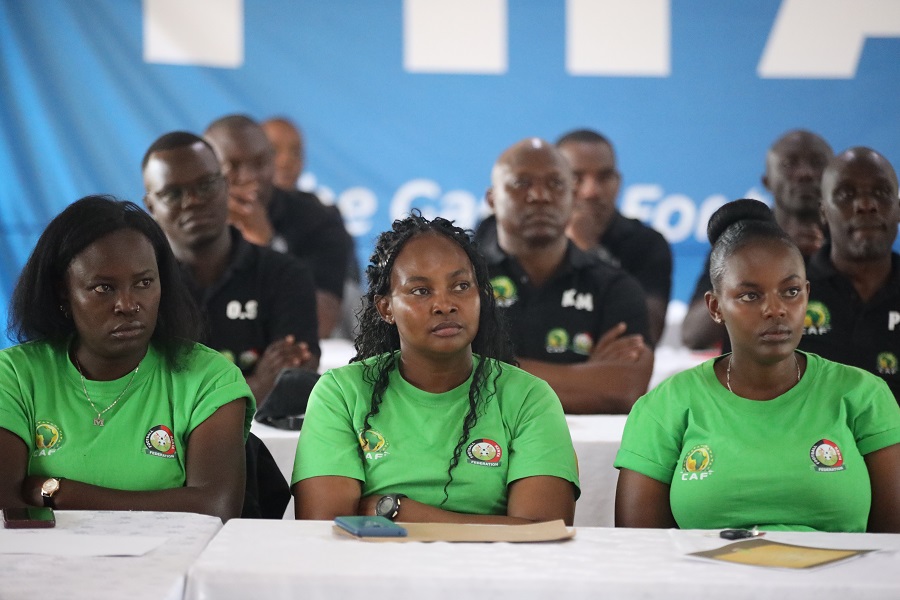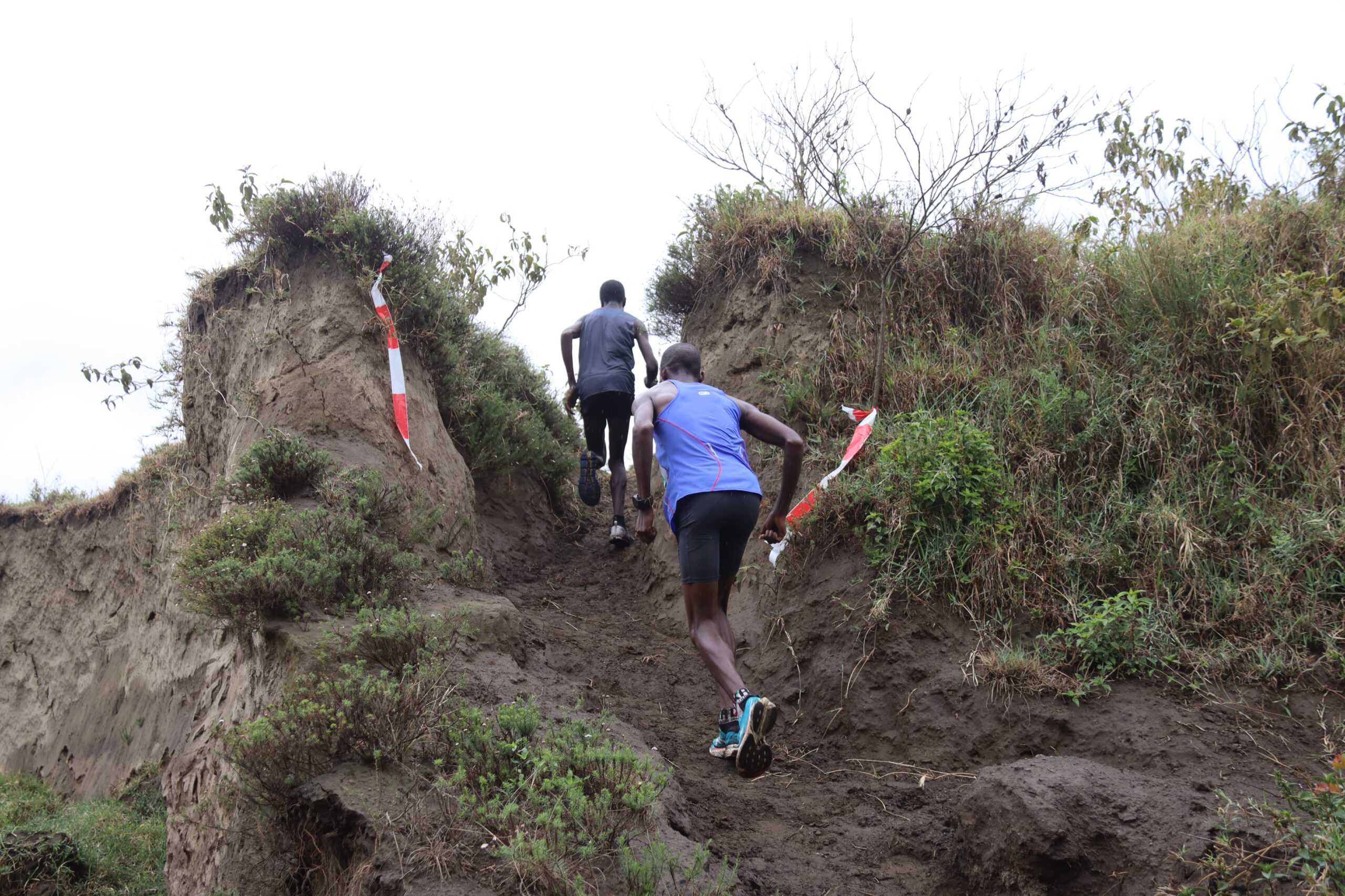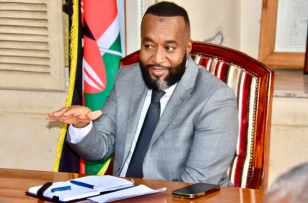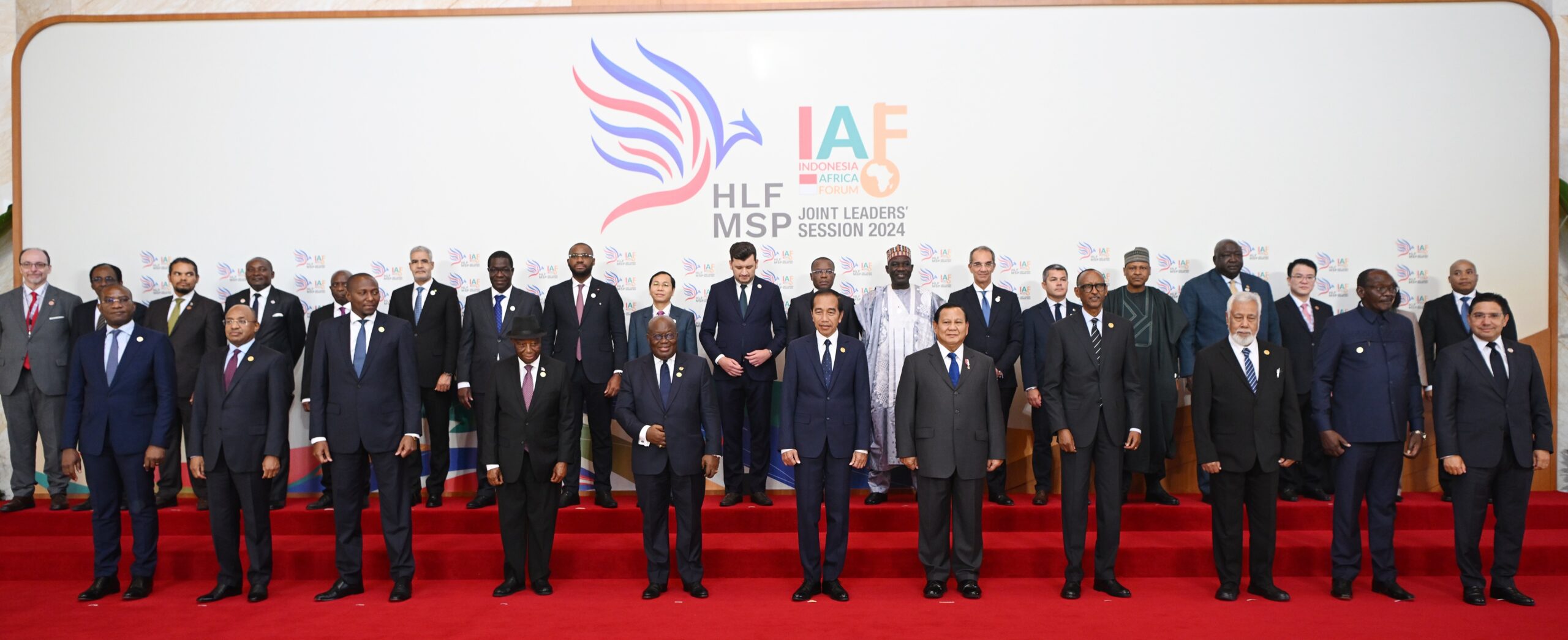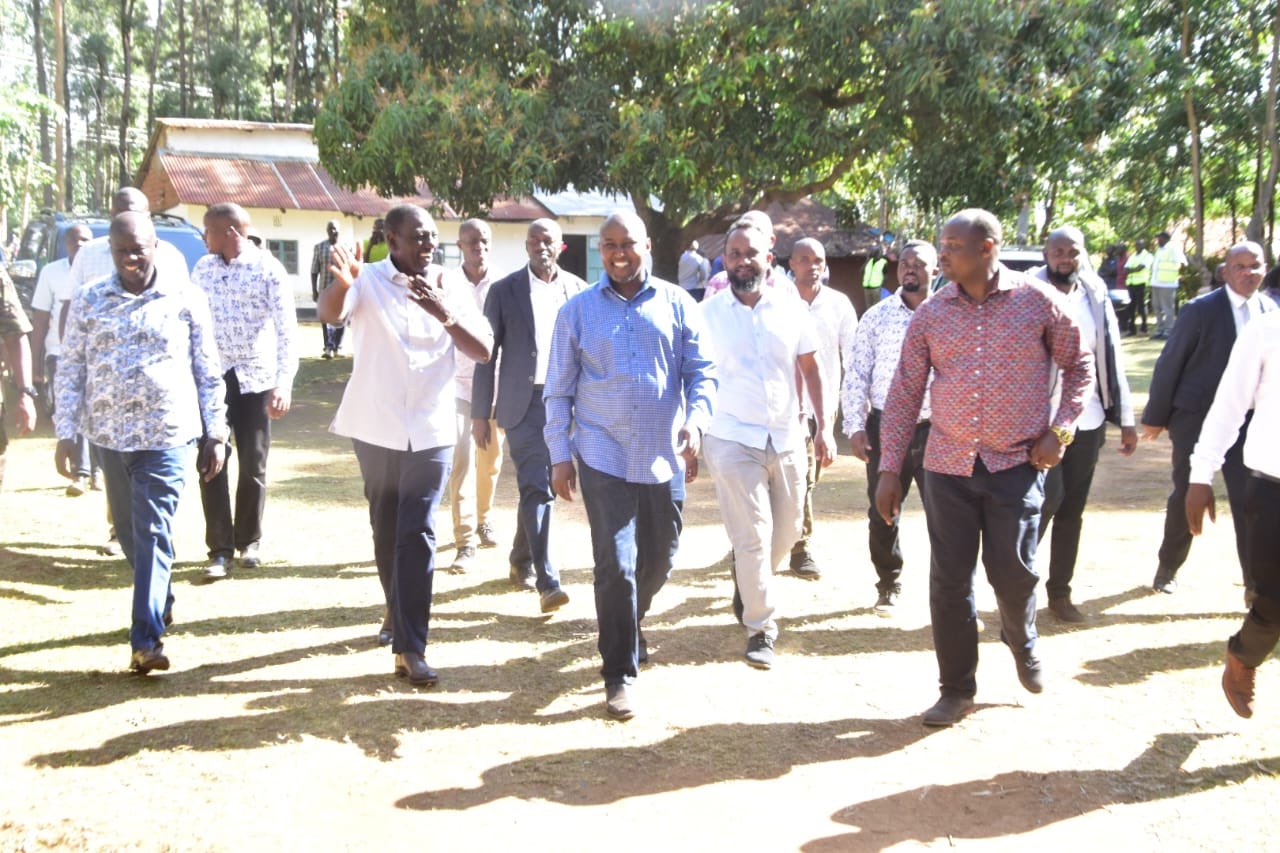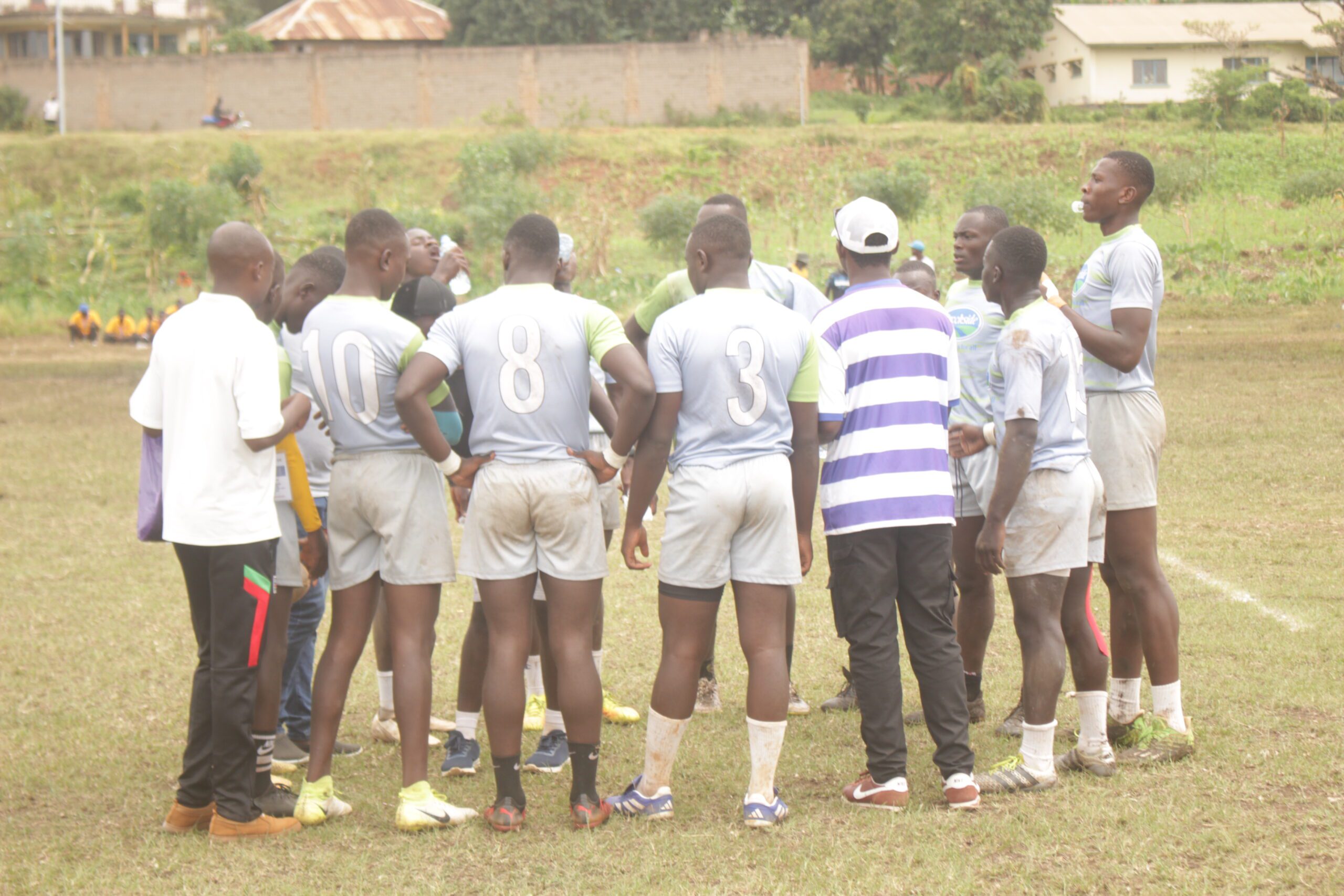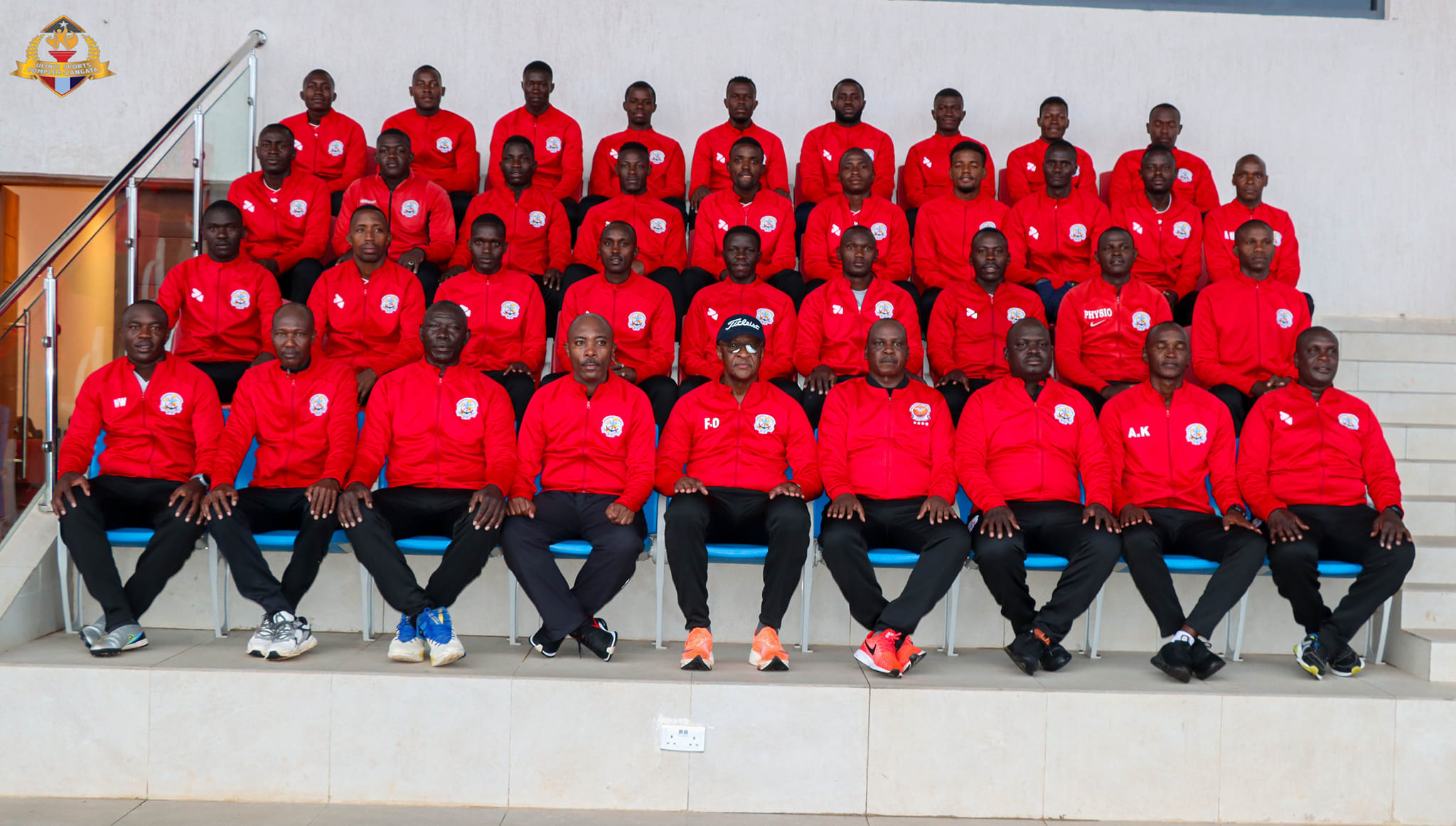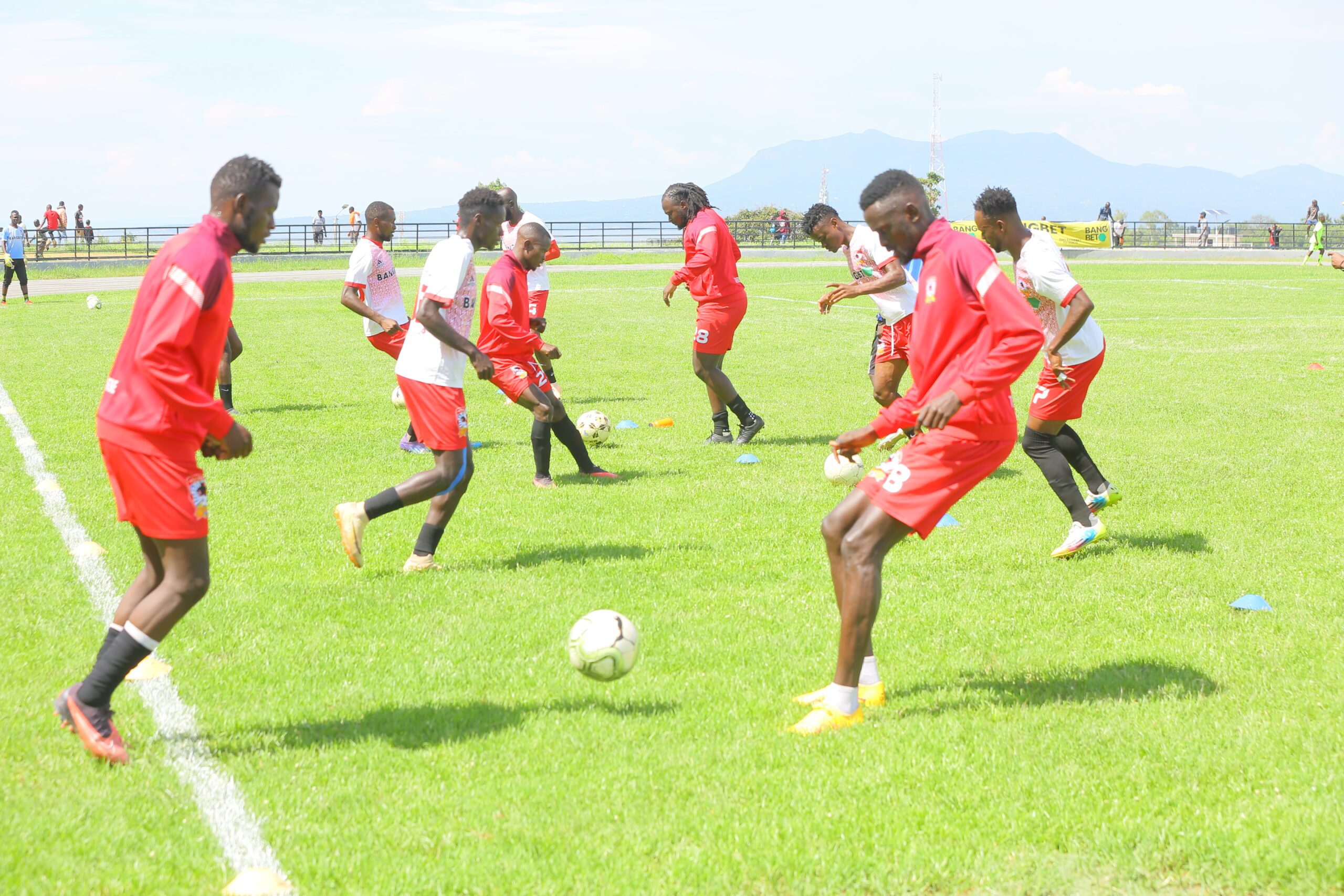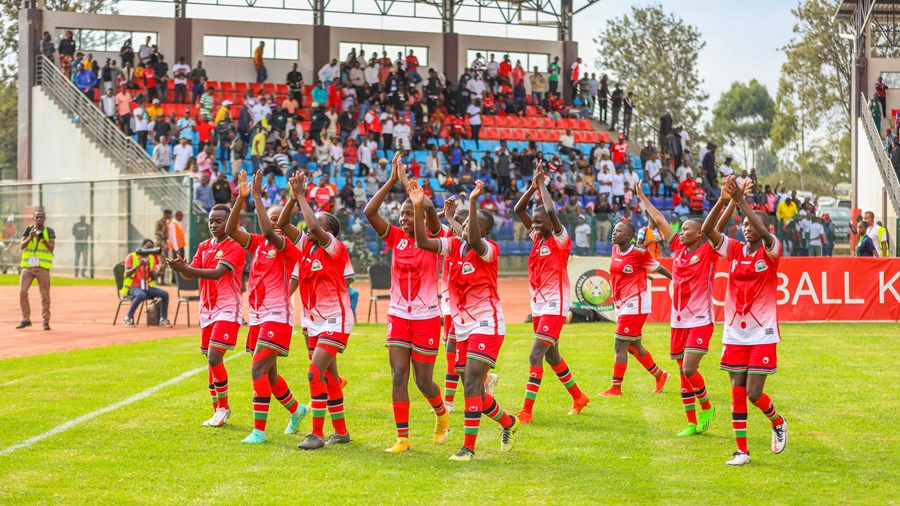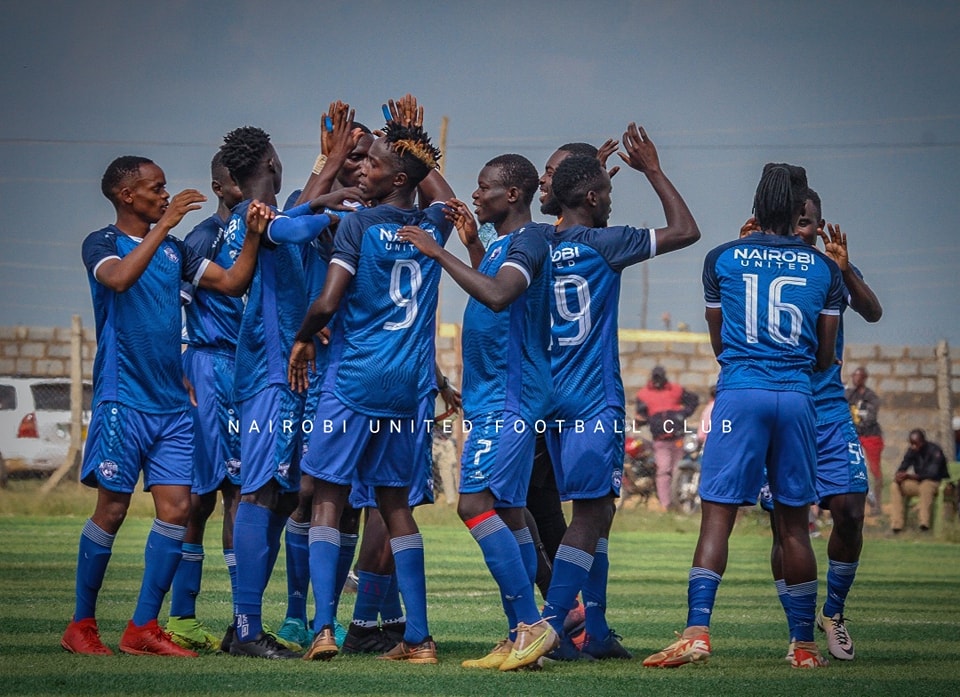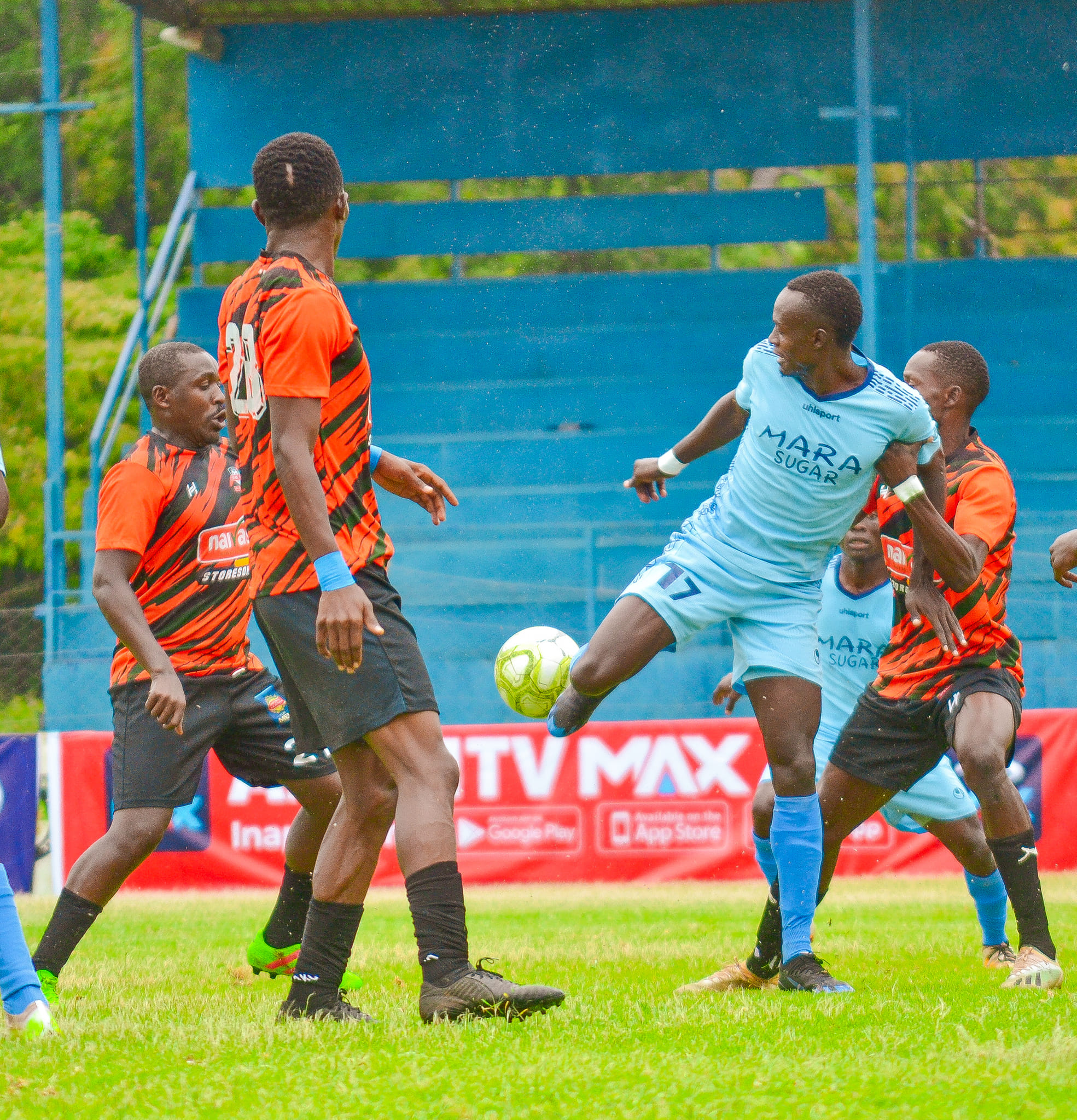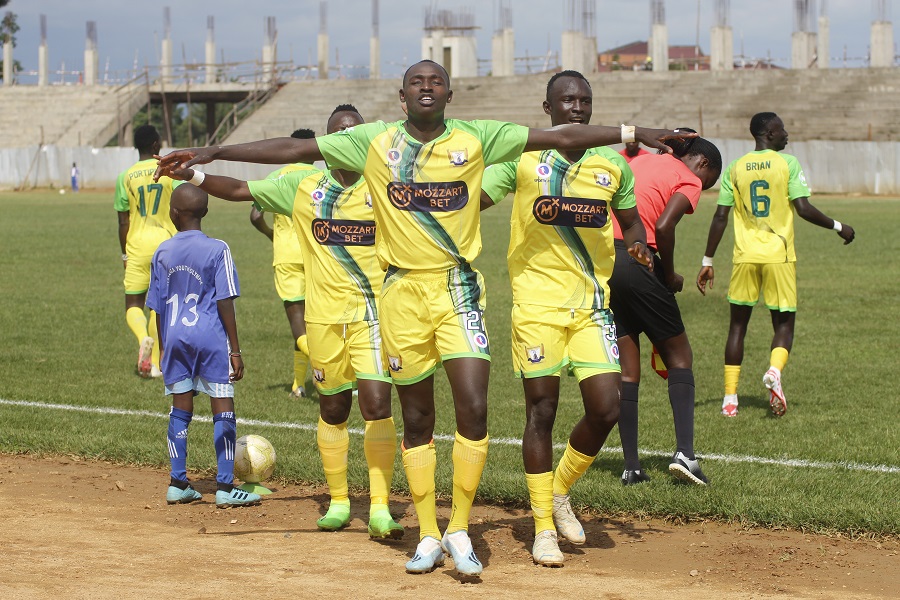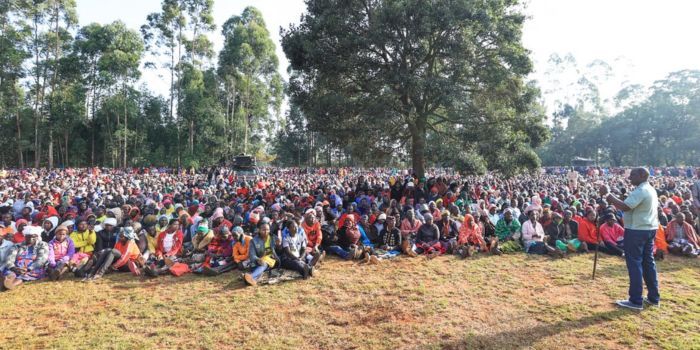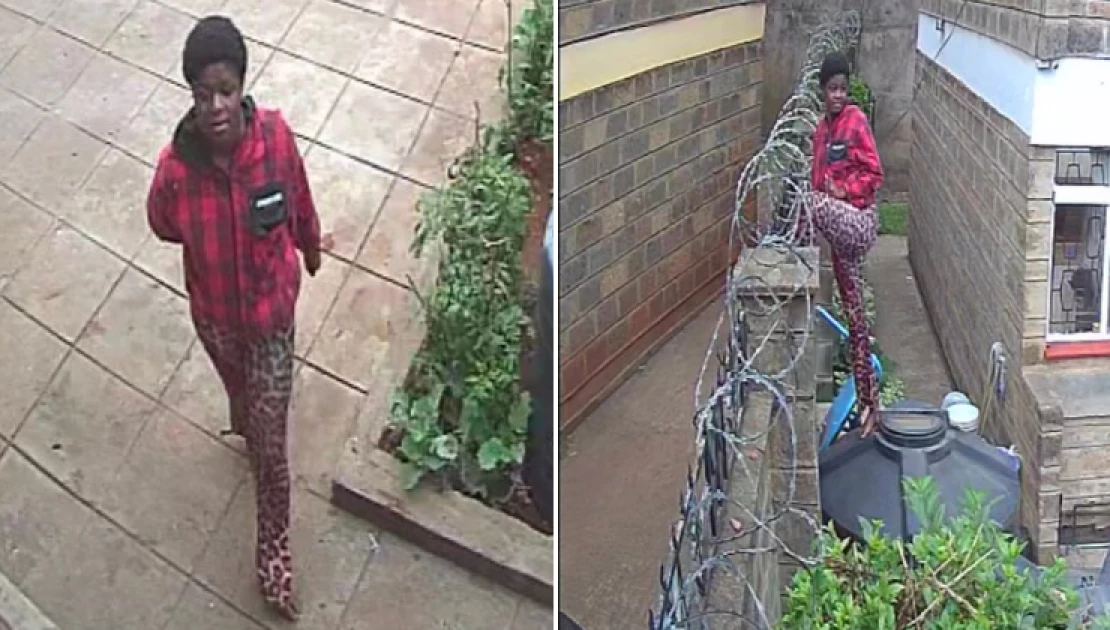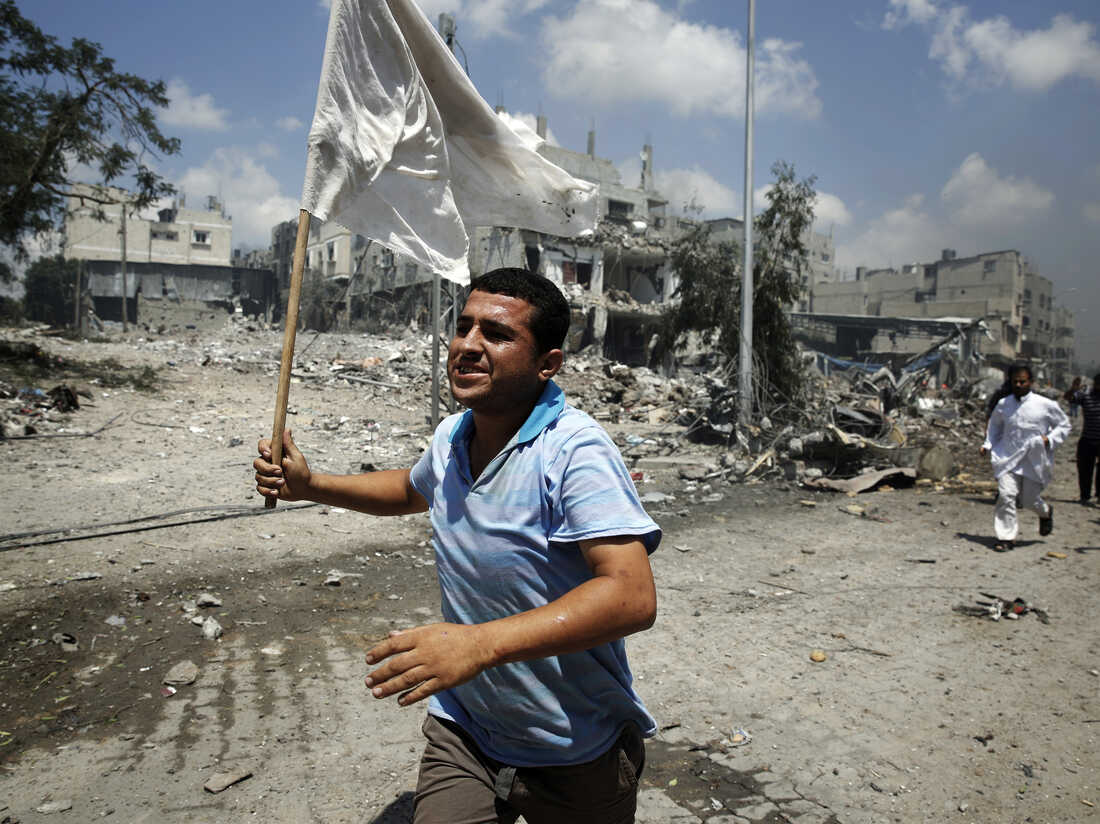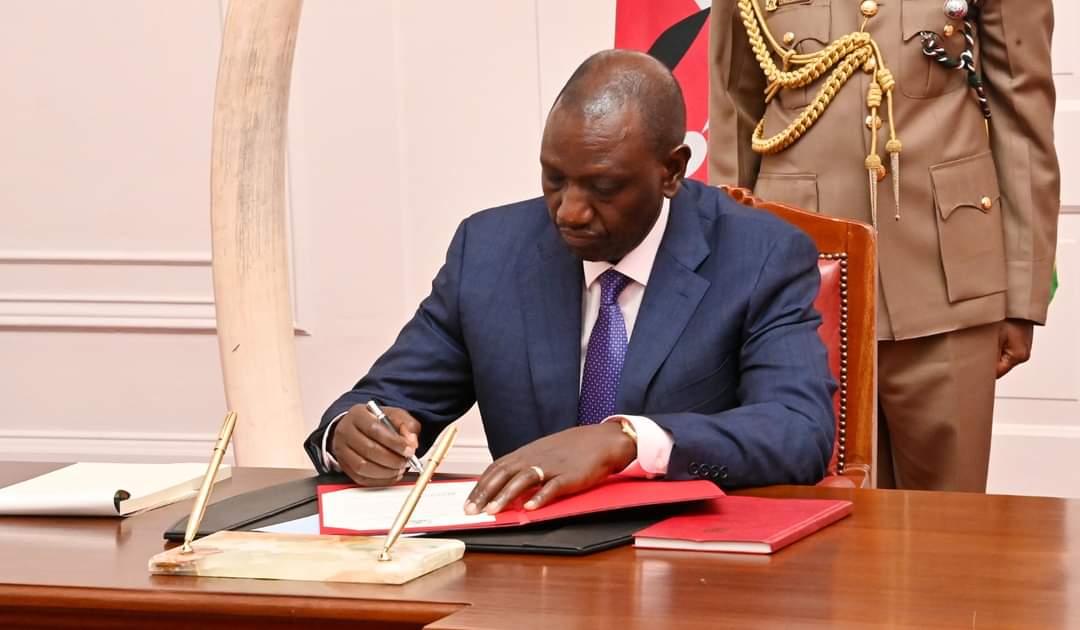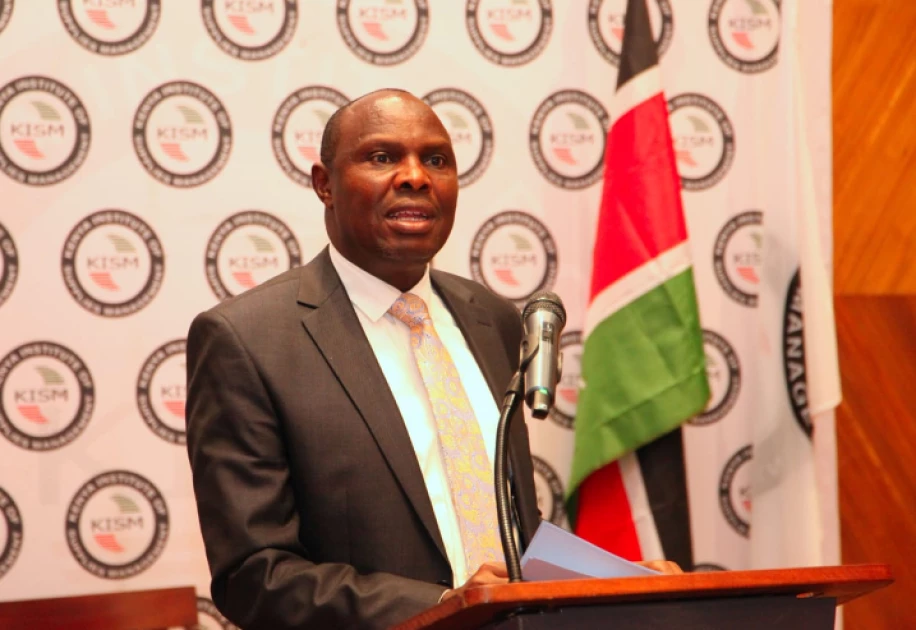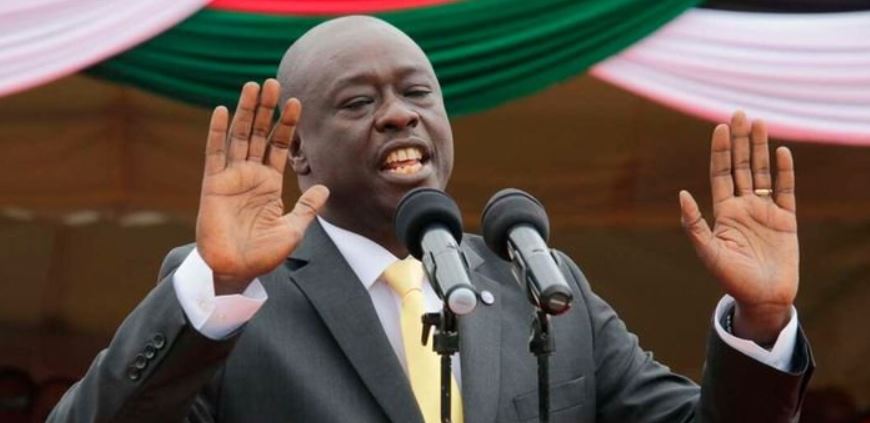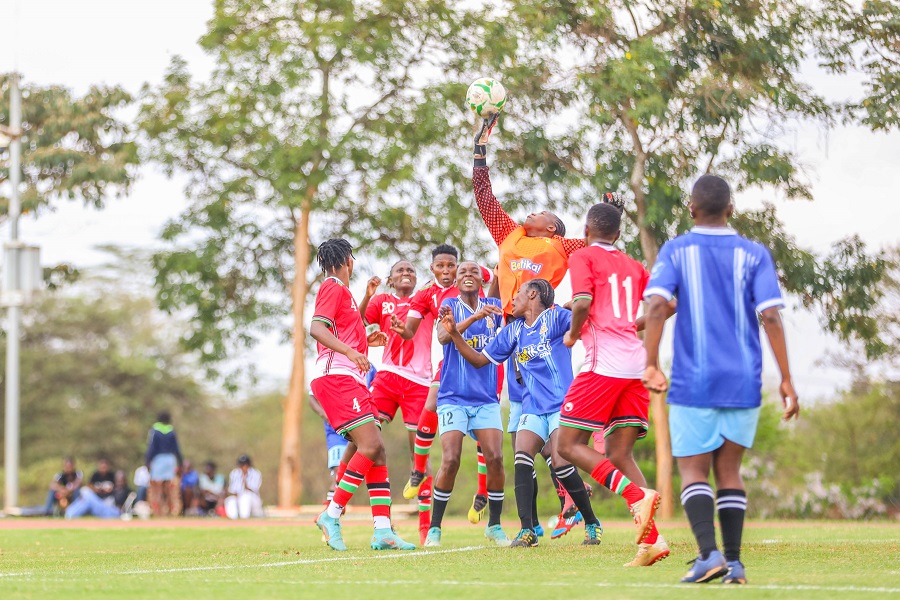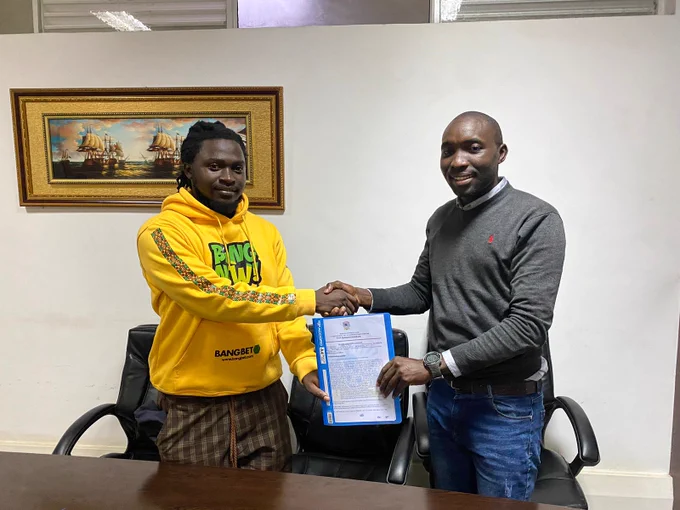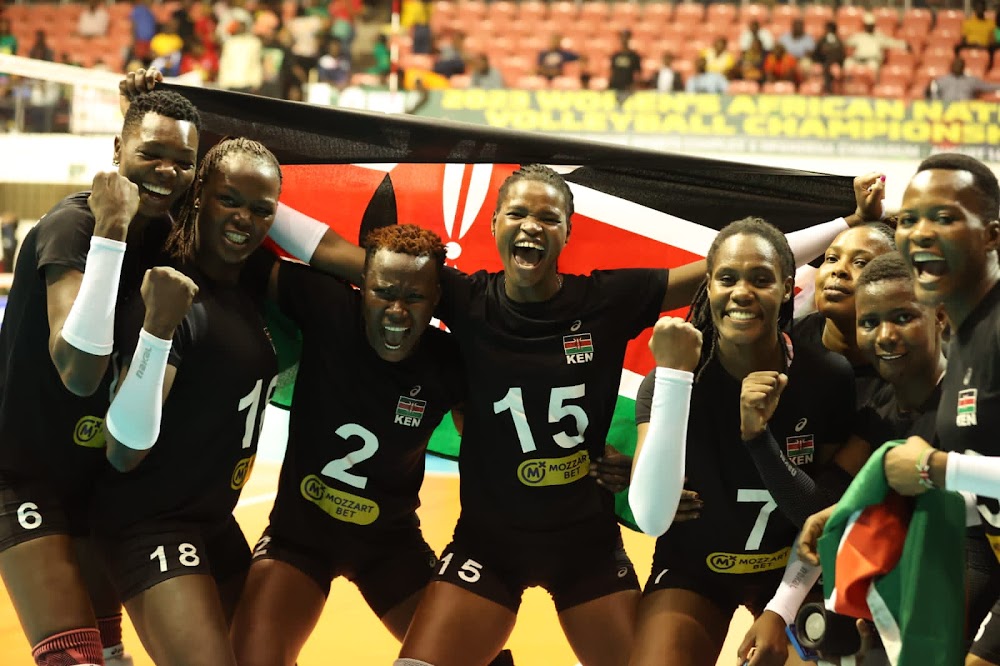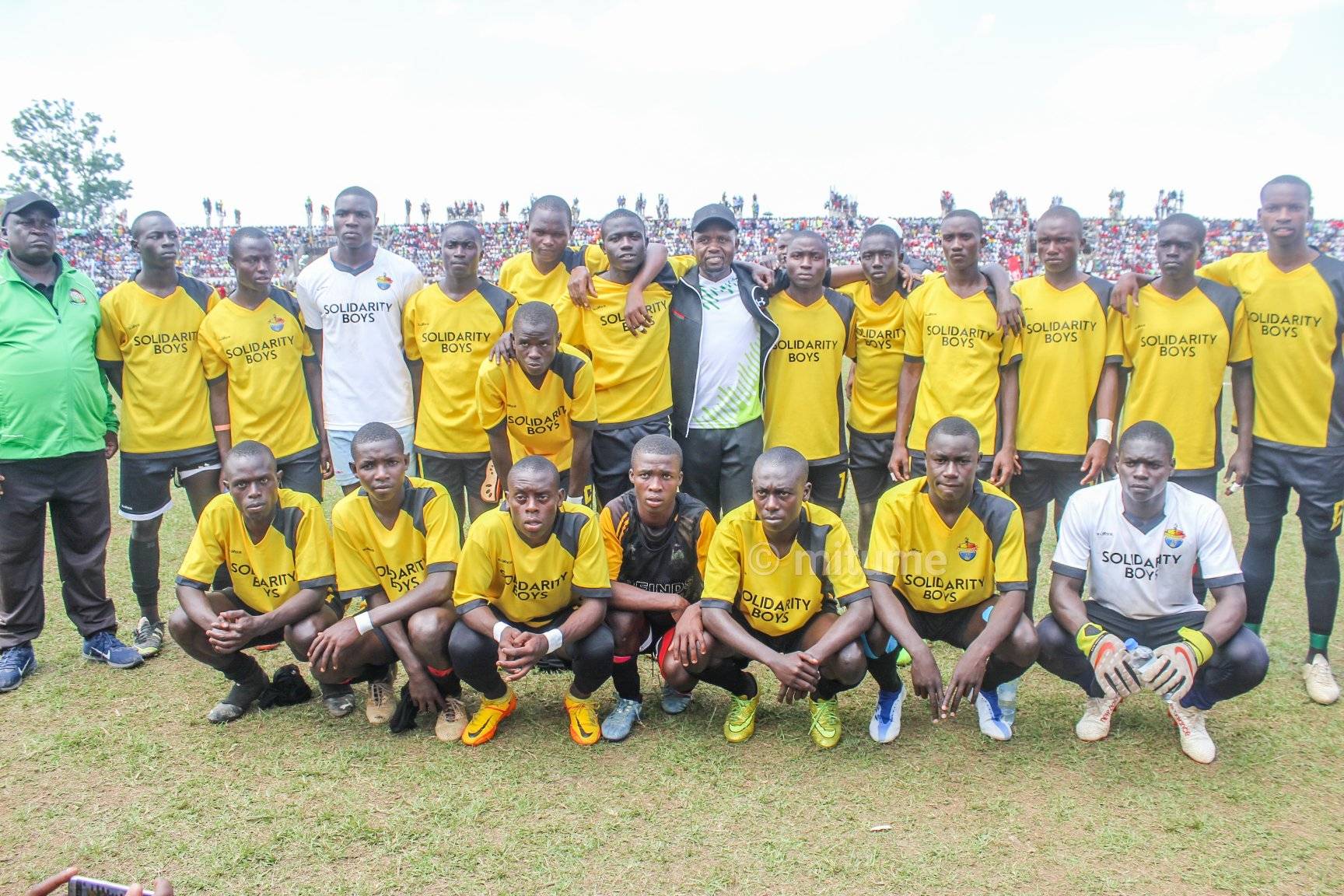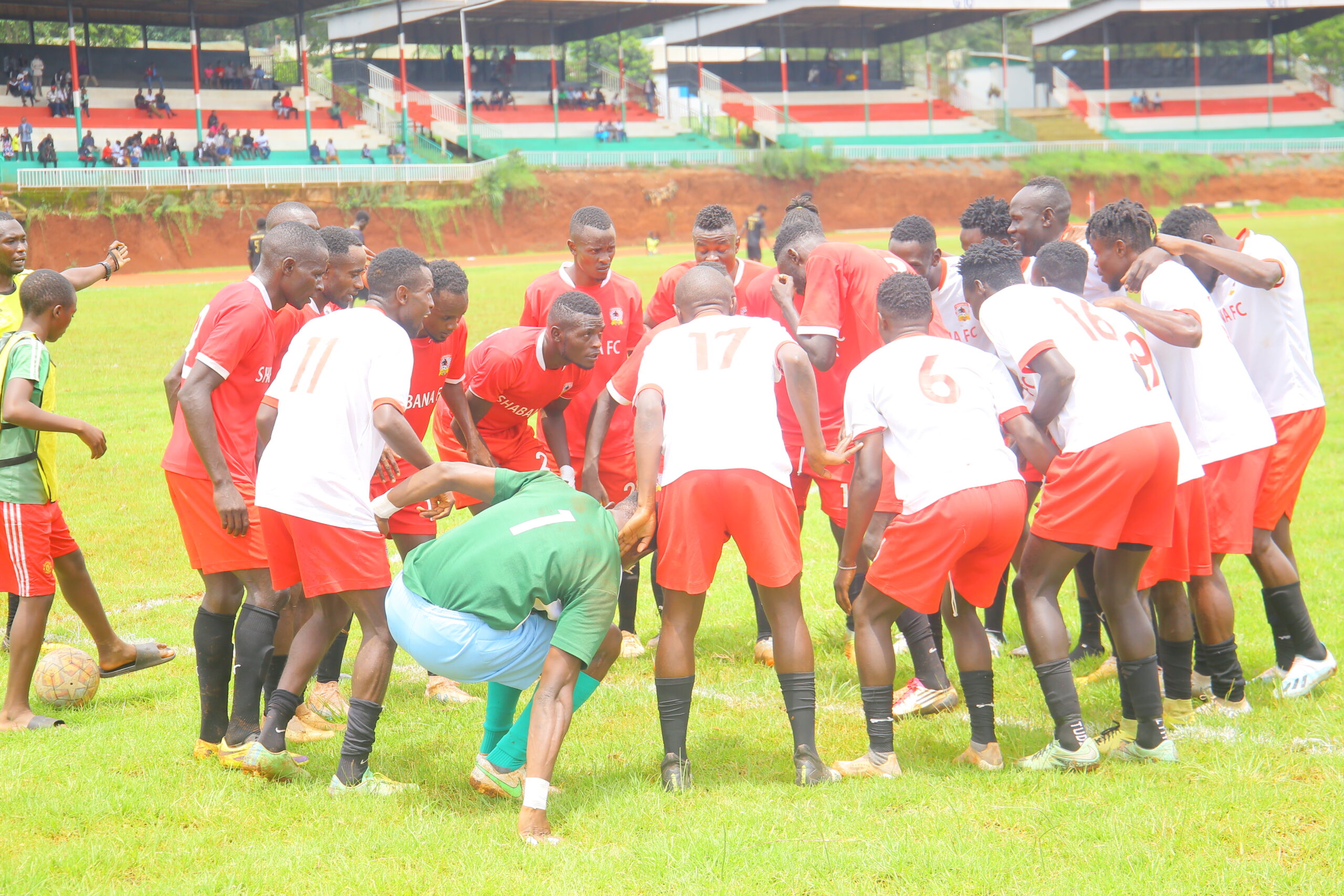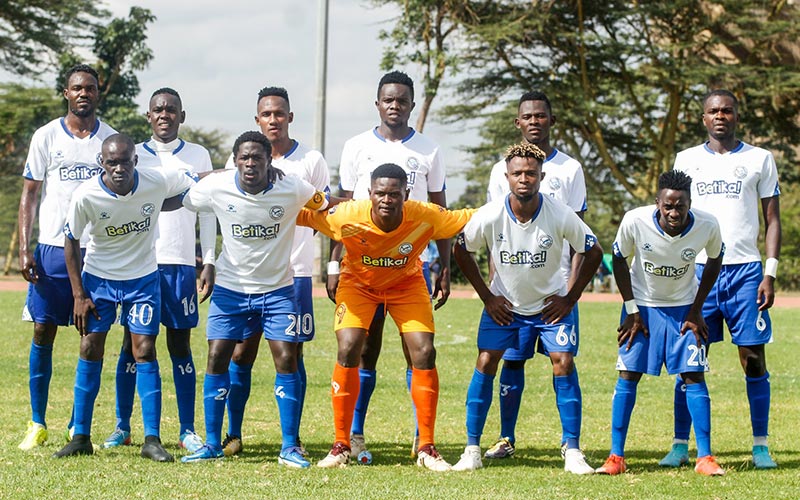CNN Journalist Highlights Grim Reality


Renowned journalist Larry Madowo has shed light on the dire working conditions faced by Kenyan nurses in Saudi Arabia under a government-sanctioned program. In a series of updates shared on social media, Madowo revealed that hundreds of caregivers and Certified Nursing Assistants (CNAs) were sent to the Gulf nation with hopes of better opportunities, only to face grueling conditions akin to modern slavery.
The nurses report rampant racism, excessive working hours, denial of days off, and systemic labor law violations. Despite raising these issues with their management, they claim no meaningful action has been taken to address their plight.
Shocking Revelations from Kenyan Nurses
Madowo shared screenshots and audio recordings from the affected nurses, painting a grim picture of their daily struggles. One directive from management explicitly informed employees that scheduled days off would be canceled. In another instance, a supervisor dismissed the nurses’ complaints, advising them to either endure the conditions or resign.
The nurses are now facing threats of deportation as a tactic to silence their grievances. One of the messages allegedly from a recruitment agent sternly reminded the workers that their contracts were not connected to Larry Madowo and advised them to “complain through the right channels,” even though the nurses insist their concerns have been ignored by their employers.
Government’s Response
The issue caught the attention of Diaspora Affairs Principal Secretary Roseline Njogu, who denied receiving any formal distress reports from Kenyan nurses in Saudi Arabia. She encouraged affected individuals to report their concerns to the Kenyan Embassy in Riyadh or the State Department for Diaspora Affairs for further action.
“We stand ready to support these citizens. However, we need them to report these issues to us for action,” Njogu stated.
Broader Context of Migrant Worker Abuse
The struggles of Kenyan nurses are not isolated. Migrant workers in Saudi Arabia have long reported cases of exploitation, violence, and abuse. While the government-backed program gave nurses hope for better opportunities, their experiences mirror the harrowing tales of many others who sought work in the Gulf region.
Public Outcry and Calls for Action
The revelations sparked outrage among Kenyans, who demanded immediate government intervention. Many criticized the recruitment process and questioned the lack of oversight to ensure the welfare of migrant workers.
Egline Samoei: “@DrAlfredMutua, and you feel proud of what you are doing to Kenyans?”
Stephen Mutoro: “Our Labour CS @DrAlfredMutua and @ForeignOfficeKE PS @SingoeiAKorir need to summon our Ambassador in Riyadh and their local envoy immediately.”
Joan Gerona: “It’s disheartening to see Mutua exporting our youth to countries where they face slavery-like conditions and discrimination. We need policies that prioritize our citizens.”
A Call for Accountability
The revelations by Larry Madowo have reignited discussions on the responsibilities of the Kenyan government to safeguard its citizens working abroad. Kenyans have called for stricter regulations on recruitment agencies, transparency in employment contracts, and stronger bilateral agreements to protect migrant workers’ rights.
As these stories unfold, the hope remains that the affected nurses will receive the support they need, and systemic changes will be implemented to prevent such exploitation in the future.
























